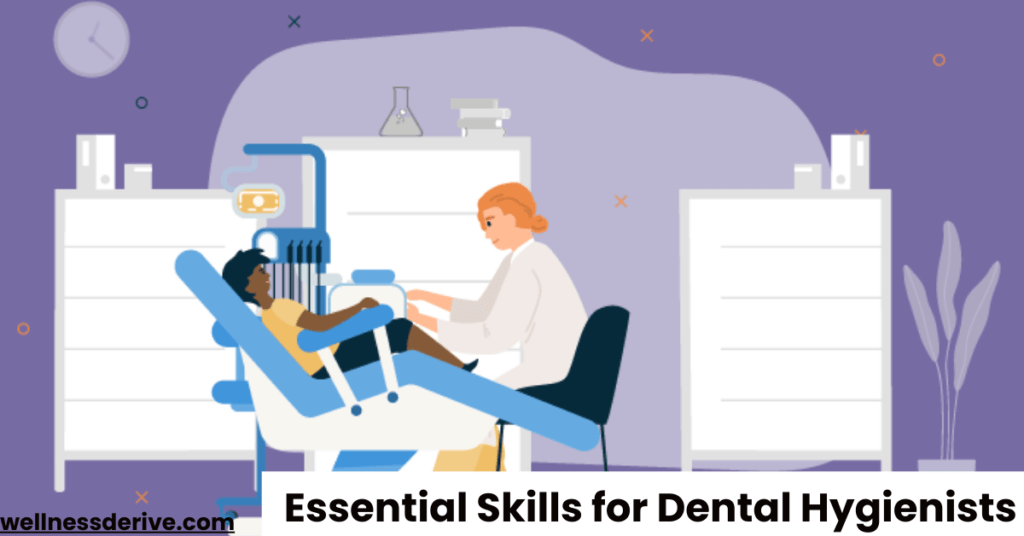Dental hygiene is a rewarding career that blends technical expertise with patient-centered care. At APLUS Institute, experts in dental hygiene education emphasize the importance of a well-rounded skill set for success in this field. Dental hygienists need a combination of natural talents and abilities gained through rigorous training to excel. Here are the key skills that every dental hygienist should possess.
Natural Skills for Success
1. Communication and Interpersonal Skills
Dental hygienists work closely with patients and must explain procedures, answer questions, and provide guidance on oral hygiene practices. A natural ability to communicate effectively and empathize with others is essential for building trust and putting patients at ease.
2. Attention to Detail
The oral cavity is a complex structure, and dental hygienists must carefully examine it for signs of disease or abnormalities. An innate attention to detail ensures no issues go unnoticed, contributing to accurate assessments and effective treatments.
3. Manual Dexterity
Working in a small, confined area like the mouth requires exceptional hand-eye coordination. Naturally steady hands and precise movements are vital for tasks like scaling teeth, applying sealants, or taking impressions.
4. Problem-Solving Ability
Dental hygienists often encounter unexpected challenges, such as uncooperative patients or complex oral health issues. The ability to think critically and adapt to these situations is a valuable natural skill for navigating the demands of the role.
Skills Acquired Through Training
1. Clinical Competence
Formal education equips dental hygienists with the technical knowledge and practical skills necessary for performing procedures like teeth cleaning, fluoride application, and radiographic imaging. Training also covers infection control protocols and the use of advanced tools and technologies.
2. Knowledge of Oral Health Sciences
Understanding the anatomy of the oral cavity, periodontal health, and the connection between oral and systemic health is foundational. Training programs provide in-depth knowledge of these areas, enabling hygienists to educate patients effectively and make informed decisions.
3. Time Management
Dental hygienists often see multiple patients in a day, requiring efficient scheduling and task prioritization. Training helps develop the ability to manage time effectively, ensuring each patient receives thorough care within the allotted time frame.
4. Professionalism and Ethical Practice
Maintaining patient confidentiality, adhering to regulatory standards, and delivering care with integrity are non-negotiable in dental hygiene. Education and hands-on experience instill a strong sense of professionalism and ethical responsibility.
Balancing Natural and Learned Skills
The most successful dental hygienists integrate their innate abilities with the technical expertise gained through formal training. For instance, while natural communication skills help establish rapport, training ensures accurate delivery of oral health education. Similarly, manual dexterity complements the precision required for clinical procedures learned in school.
Lifelong Learning in Dental Hygiene
The dental field is constantly evolving, with new techniques, tools, and research shaping patient care. Dental hygienists must commit to lifelong learning to stay current and continue honing their skills. Advanced certifications and continuing education opportunities further enhance their professional growth.
Conclusion
A career in dental hygiene demands a unique blend of natural talents and acquired skills. By nurturing these abilities and staying dedicated to professional development, dental hygienists can provide exceptional care and make a meaningful impact on their patients’ oral health. Institutions like APLUS Institute play a pivotal role in preparing future dental hygienists to excel in this dynamic and fulfilling profession.
Disclaimer: The content on Wellness Derive is for informational purposes only and not a substitute for professional medical advice, diagnosis, or treatment. Always consult a healthcare provider for medical concerns.



